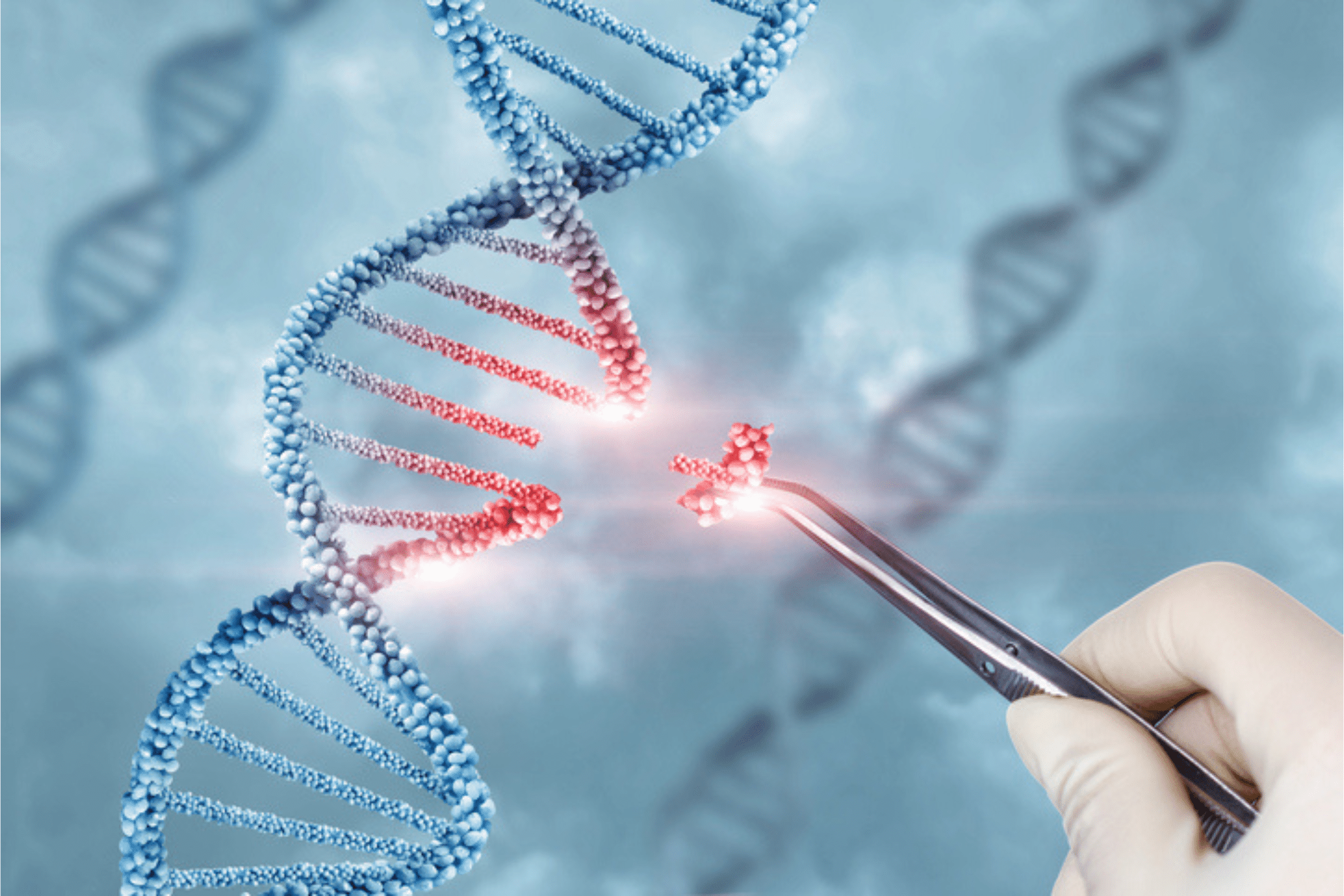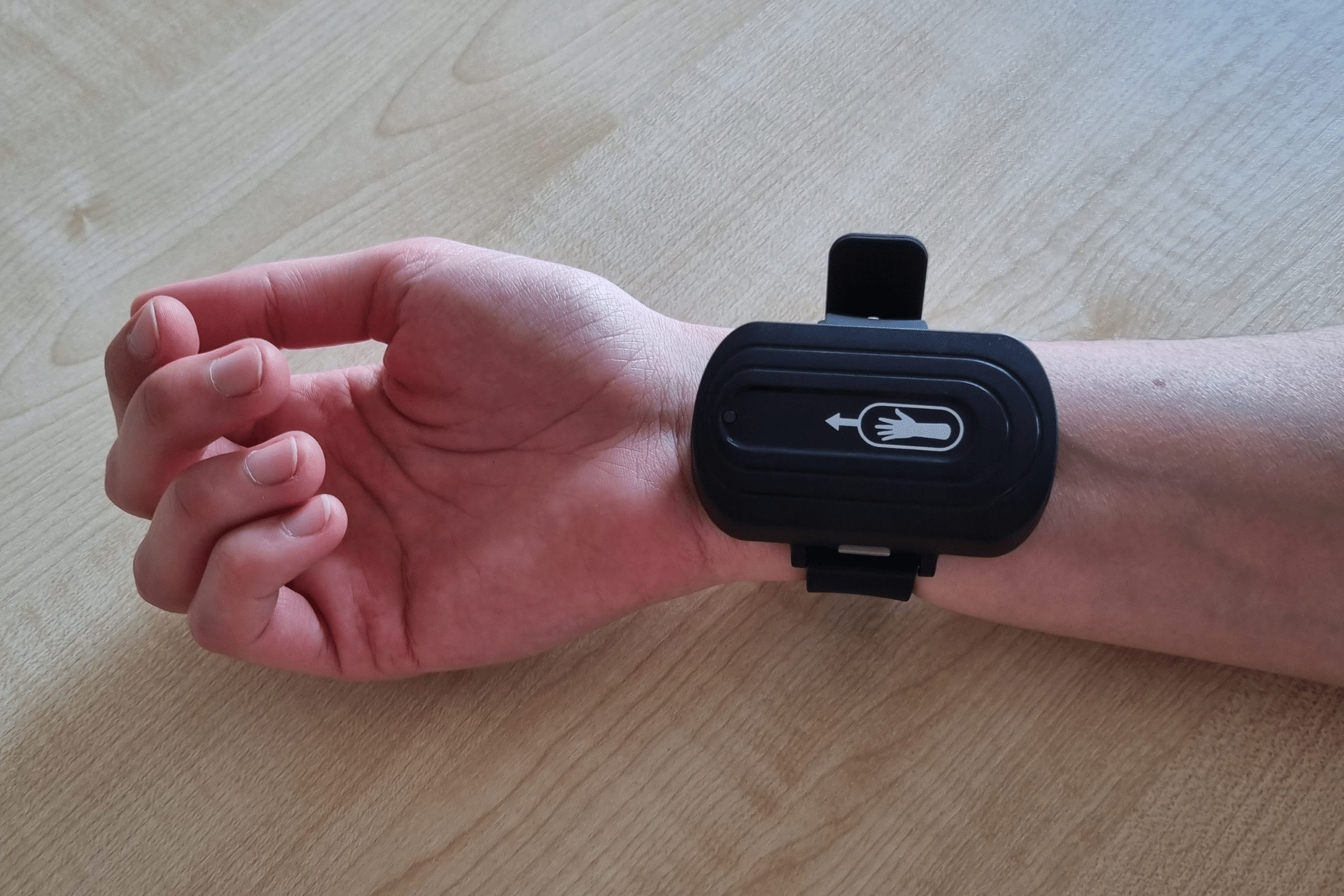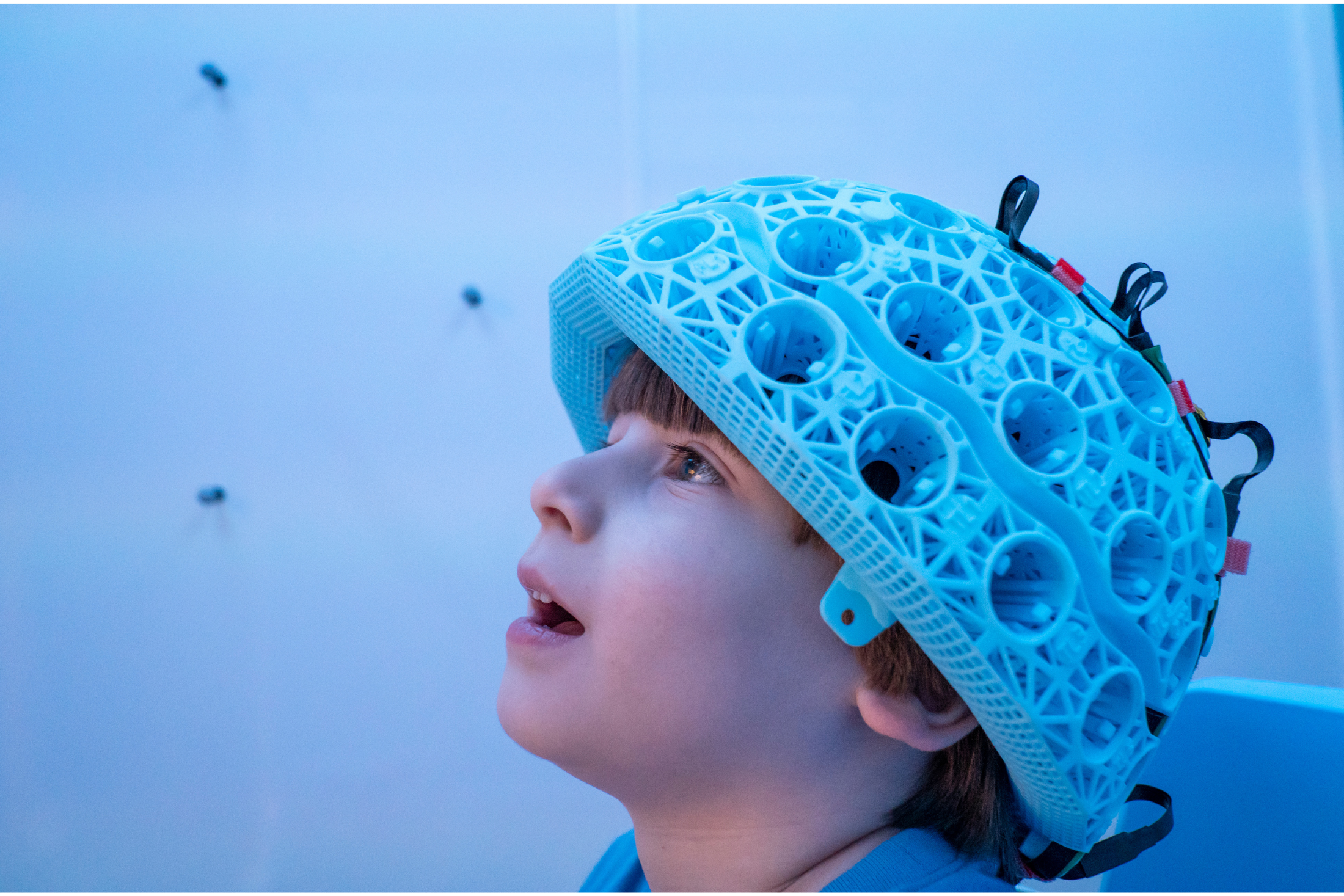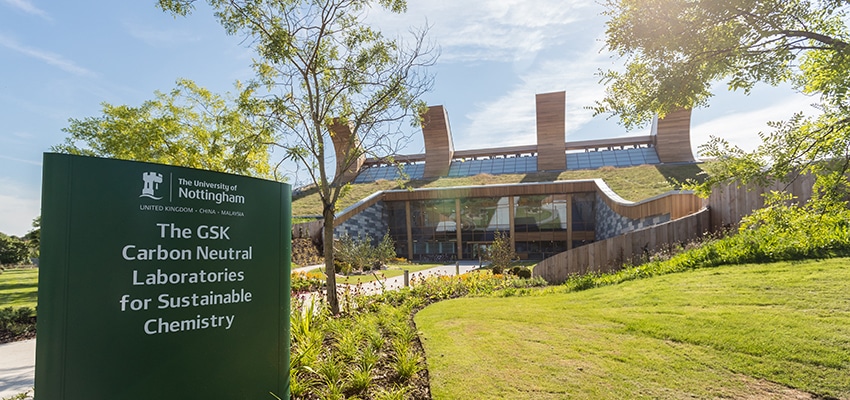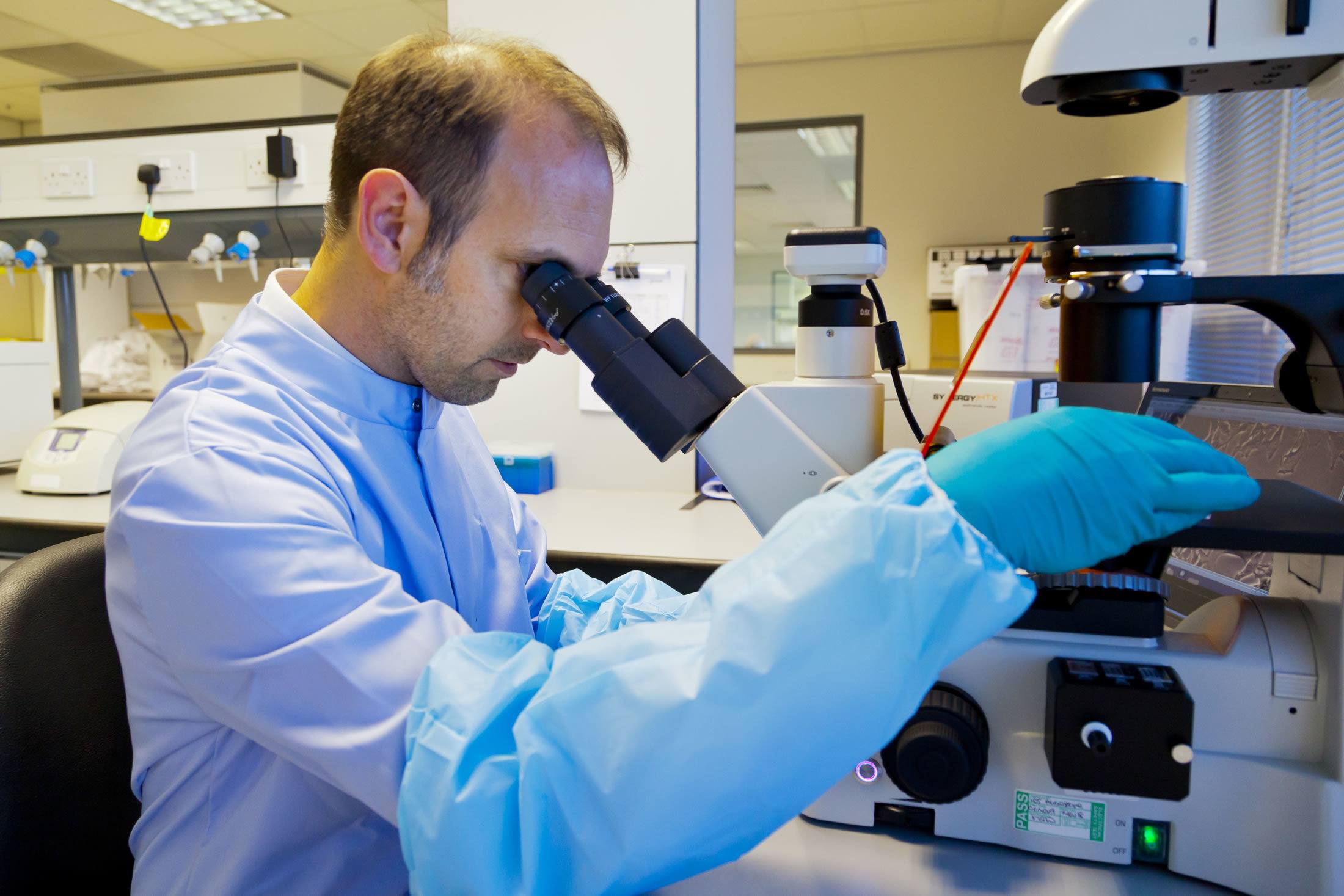A gene therapy system that can repair and regenerate human tissue is being developed for use in orthopaedic surgery with the launch of a new spin-out company.
TherageniX is a University of Nottingham spin out that’s been launched in collaboration with NLC, a healthtech venture builder, to develop technology that uses gene therapy to provide biological cues to boost the body’s response to regenerating skin, bone, muscle and cartilage. TherageniX will initially focus on orthopaedic application, with the aim of improving the outcomes for patients with bone loss, infection and disease.
This technology has been developed by Dr James Dixon in the School of Pharmacy who has created a platform technology to deliver a variety of therapeutic molecules into different cells and tissues as disease treatments. The platform uses peptides and DNA or RNA to form nanoparticles that when uptaken by cells can drive a diseased or injured tissue to generate its own therapeutic molecules
Bone repair usually uses grafts from the patient’s own body (autologous), but this has drawbacks when there is not enough bone available for large defects or when there is risk of infection, or further trauma at the harvesting site. Many bone implants fail due to poor integration, infection or do not function well when healed.
TherageniX’s solution will be added to autologous bone grafts during operations by delivering genes directly as a powdered medicine while the patient is undergoing surgery. This will improve the regenerative capacity of the graft and is expected to lead to better outcomes, while reducing trauma at the graft donor site. This new therapy will also reduce waiting times for patients and manufacturing costs.
“Adapting our technology for a rapid application directly to grafted tissue within the operating theatre has been a vision for our gene delivery platform for several years, we have the opportunity here to bring regenerative medicine and gene therapy forward with innovative applications and apply it in ways we could not have envisaged only a few years ago. We hope that our system will generate a platform of transformative, economically viable and impactful approaches to clinical problems that remain poorly addressed in modern medicine.” Dr James Dixon, School of Pharmacy, University of Nottingham
Anandkumar Nandakumar is the CEO of TherageniX, he said: “I am very excited about the technology and we have a unique approach to help patients with bone defects. We are only at the first step with the possibilities of this technology. In the future we can envision treating several types of defects and tissues and move towards personalized medicine.”
TherageniX is an early stage venture with the first proof of concept in pre-clinical studies and has been supported by Nottingham Technology Ventures who manage the University of Nottingham’s spin-out portfolio.
“We’re incredibly pleased to announce the launch of TherageniX and are looking forward to seeing the potential of this platform realised for orthopaedic applications. Delivery of gene therapies to the site of action is a critical challenge, which this innovation has the ability to solve. It is incredibly rewarding to see the work of Dr. Dixon and colleagues at the University of Nottingham recognised by this external investment” Dr Alice MacGowan, Nottingham Technology Ventures

